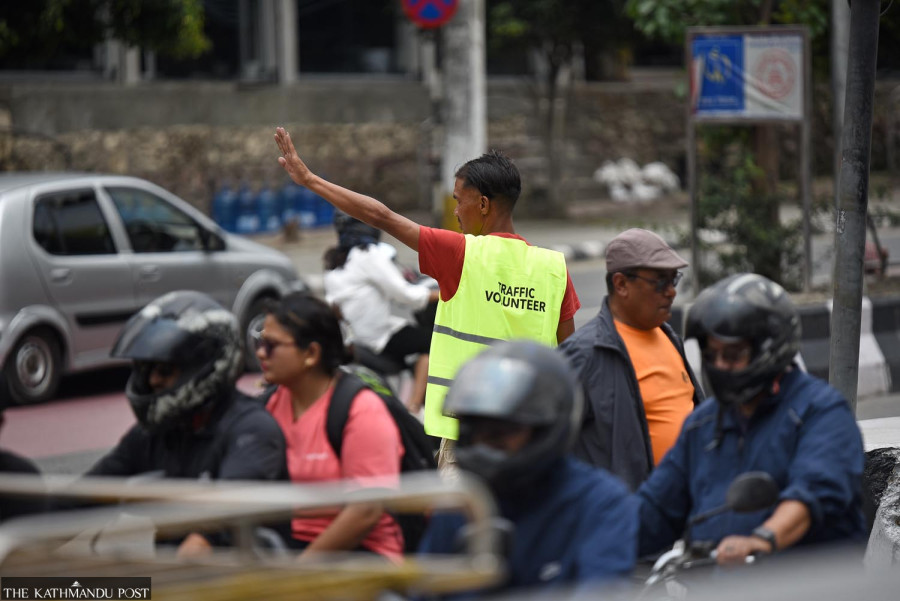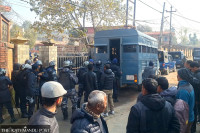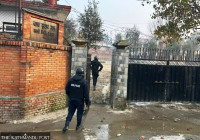Valley
‘Irrational’: Experts decry decision to deploy traffic rule violators as rule keepers
Over 1,300 rule violators are deployed for traffic management on Wednesday.
Post Report
Many countries worldwide have started using smart systems, including artificial intelligence, to manage chaotic traffic. Nepal, however, has chosen to deploy traffic rule violators as traffic rule keepers.
What concerns legal experts, former law enforcement officials, and the chair of the State Affairs and Good Governance Committee of House of Representatives is the individual whim and fantasy of Deputy Prime Minister and Minister of Home Affairs Ravi Lamichhane, who issued a direction under agencies concerned under his ministry to enforce the decision to deploy rule violators on the road for traffic management.
“Stop ruling people at an individual whim. This is neither Rana nor Shah regime or military rule,” said Ramhari Khatiwada, chairman of the State Affairs and Good Governance Committee of the House. “Home minister should stop humiliating people, and he too is not above the law.”
Khatiwada said that he had sought time with Home Minister Lamichhane to discuss the issue on Friday but he did not give him time. He said that the government should formulate a law first and bring regulations if it thinks deploying rule violators for traffic management is necessary.
The Metropolitan Traffic Police Division of Kathmandu said that it had deployed 1,302 people who were booked for traffic rules violations, including drunk driving, on Wednesday.
“We are only implementing the instructions of the higher agency,” said Jeevan Kumar Shrestha, the division’s spokesperson. “We provided basic instructions to the rule violators and deployed them on streets for traffic management.”
When asked if rules violators would help traffic police manage Kathmandu’s traffic, Shrestha said that even the traffic police, who received one to one-and-a-half years of training, sometimes could not handle the traffic chaos.
Former senior officials at Nepal Police also questioned the intention of the home minister to force traffic rule violators to stay on the roads. They say that existing law doesn't support the home minister’s decision, and it also jeopardises the safety of those being deployed on the streets.
“The decision to deploy rule violators is against the will of the people, which is against the provision that the state will not force anyone to serve against their will,” said Hemanta Malla, former deputy inspector general of Nepal Police. “This decision can be challenged in court.”
Managing traffic is an expert’s job. Traffic police, who have worked for years in Valley's traffic management, also sometimes find the job challenging.
Legal experts said that the home minister should bring law and regulation first if he thinks the valley's traffic would be better managed by forcing rule violators to stay on the roads.
“The decision is against the principle of the rule of law. People cannot be forced to follow the home minister’s irrational directions,” said Raju Chapagain, a constitutional lawyer. “Respective committee of the House, National Human Rights Commission and other concerned agencies should take note of this decision and direct the concerned agencies to stop ruling people at individual whims.”




 10.12°C Kathmandu
10.12°C Kathmandu










